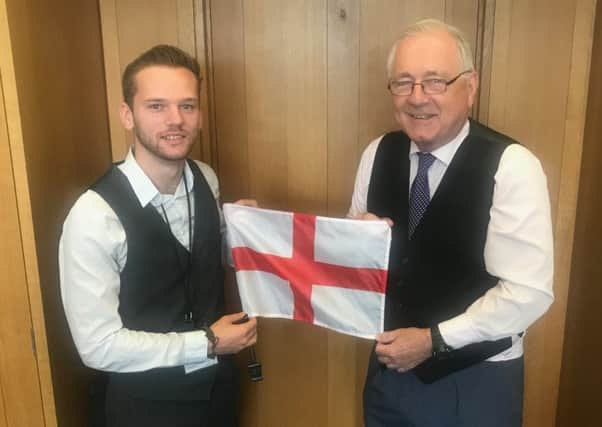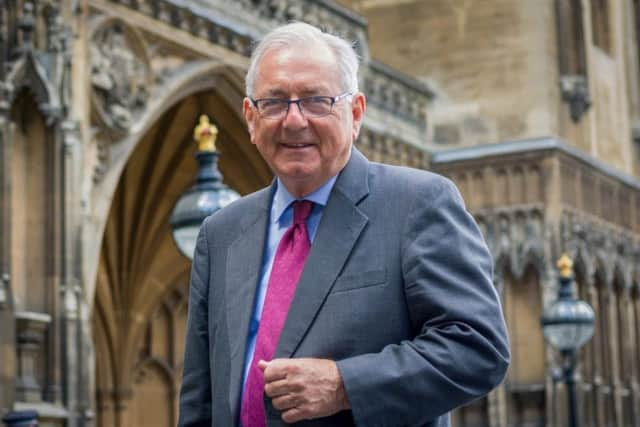Foreign secretaries, football and other issues


Look it up for the full story. In September 1922, the neutral zone in the Dardanelles was vulnerable to attack by the Turkish forces led by Ataturk.
The British Cabinet, led by Lloyd George, prime minister during the Great War, and by Winston Churchill, later to become prime minister in the Second World War, decided to fight.
They called in the Colonies. Canada refused.
Advertisement
Hide AdAdvertisement
Hide Ad

That led to the Dominions formally having their own decision making on foreign policy.
Lord Curzon, then foreign secretary, had missed that momentous Cabinet meeting. He told the Prime Minister and Churchill they were wrong.
He did not resign. He went to Paris and negotiated the agreement that led to the European side of Turkey being united with the larger Asian part, to Constantinople/Istanbul coming under Turkish control, to the agreement with Greece that instead of further war, the mainland would be Turkey, the islands would be Greece.
Not perfect; probably better than the alternatives?
The consequences in the United Kingdom were significant.
Conservative back benchers met in October that year, deciding to withdraw from the coalition government.
Advertisement
Hide AdAdvertisement
Hide AdInstead of the peacetime extension of the wartime Liberal Conservative coalition, Conservatives won the subsequent general election.
The 1922 committee was formed.
This week Lord Carrington died at the age of 99. He and I had several memorable conversations.
One was during the 1979 general election when canvassing in a housing estate with an SAS corporal and a helpful Norwegian au-pair.
I asked Peter what Margaret Thatcher might, if elected, do about the unconvincing interim government in Southern Rhodesia.
Advertisement
Hide AdAdvertisement
Hide AdHe replied that he did not know and he doubts if she did either.
Together, later, they resolved matters.
Sometime later, by chance I was with another Conservative MP in her No. 10 study with Peter as foreign secretary.
She said she could not take him to Dublin to win the argument about getting back much of our Common Market excess payments.
At the same moment Peter clearly stated that he would go with her, adding: “Heaven knows what she will get up to without me.” They had a good relationship.
Advertisement
Hide AdAdvertisement
Hide Ad